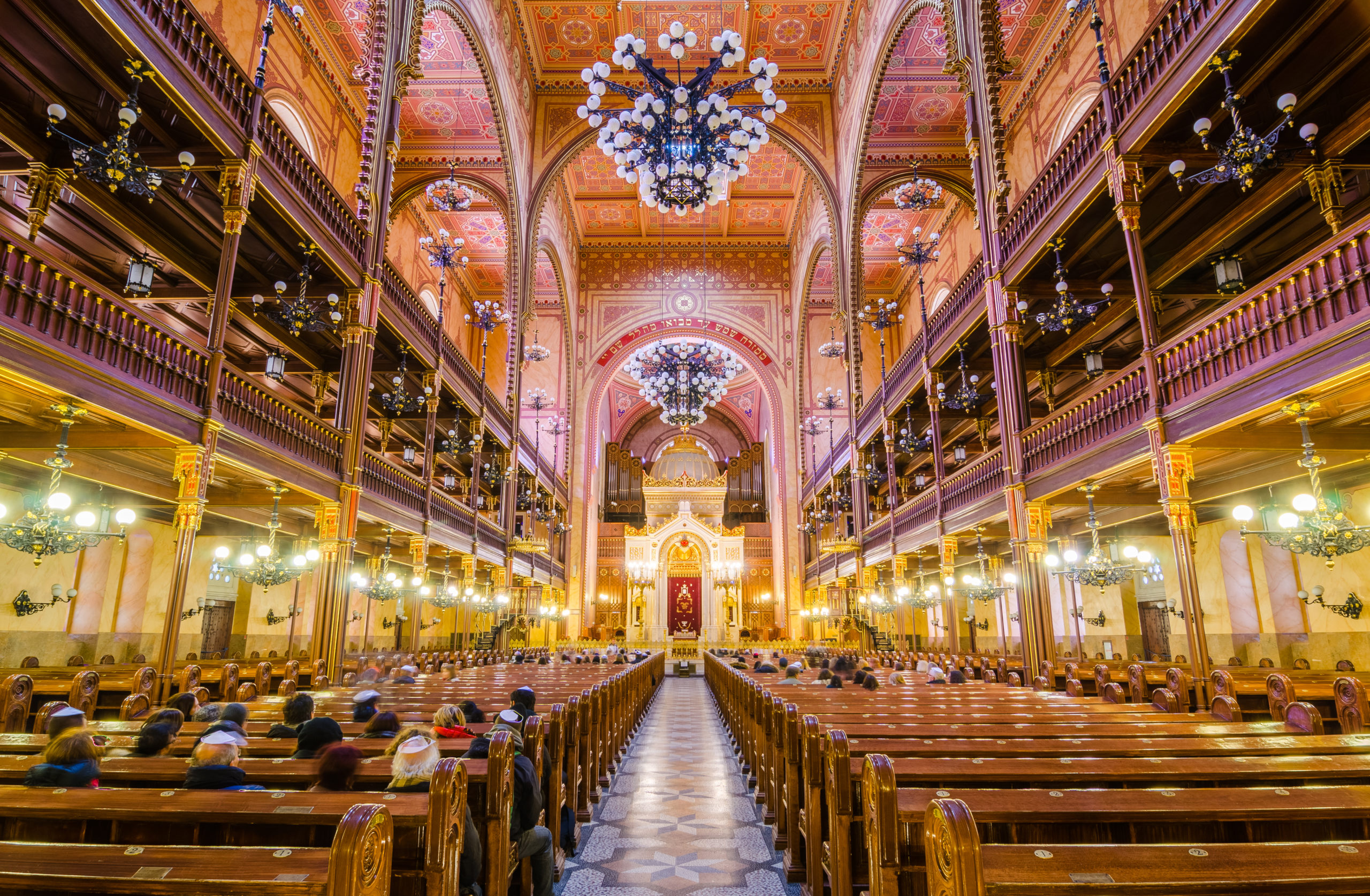The Portuguese Synagogue
Origin
The Portuguese Synagogue is a historic synagogue located in Amsterdam, the Netherlands. It was built by Sephardic Jews who fled from the Spanish and Portuguese Inquisitions in the late 16th and early 17th centuries and settled in Amsterdam. The synagogue was constructed between 1671 and 1675 and is considered one of the most important Jewish landmarks in Amsterdam. It is also one of the largest synagogues in Europe and has remained virtually unchanged since its construction. They are still active today and promote Jewish Culture.
Aims
The Portuguese Synagogue in the Jewish Cultural Quarter of Amsterdam has several aims. It seeks to preserve Jewish heritage, provide religious services for the community, educate visitors about Sephardic Judaism, organize cultural events, preserve historical archives and artefacts, and promote interfaith dialogue. By fulfilling these objectives, the synagogue serves as a hub for religious practice, cultural exchange, and the preservation of Jewish history and traditions.
Actions
- Hosting religious services: The Portuguese Synagogue is an active place of worship that hosts regular religious services for the Jewish community in Amsterdam. The synagogue also hosts services for special occasions such as weddings, Bar and Bat Mitzvahs, and other life-cycle events.
- Guided tours: The synagogue is open to visitors and offers guided tours in multiple languages that provide an in-depth look at the synagogue’s history, architecture, and cultural significance. Visitors can explore the synagogue’s impressive interior, which includes a large prayer hall, the bimah, and the aron kodesh.
- Cultural events: The Portuguese Synagogue hosts a variety of cultural events throughout the year, including concerts, exhibitions, and lectures on Jewish topics. These events provide an opportunity for the broader community to learn about Jewish culture and heritage.
- Preservation: The synagogue is committed to preserving its historic architecture and maintaining its status as a landmark of Jewish history and culture. This includes ongoing efforts to maintain and repair the building’s intricate wooden interior and other features.
- Education: The synagogue provides educational resources and programming to promote understanding and awareness of Jewish history and culture. This includes educational materials for school groups and other visitors, as well as lectures and other events aimed at promoting interfaith understanding and dialogue.
- Community outreach: The Portuguese Synagogue is involved in a range of community outreach activities, including partnerships with local organizations and initiatives aimed at promoting social justice and combating prejudice and discrimination.



 NOA is co-funded by the Rights, Equality and Citizenship Programme (2014-2020) of the European Union
NOA is co-funded by the Rights, Equality and Citizenship Programme (2014-2020) of the European Union